The Time of the Singing of Birds.
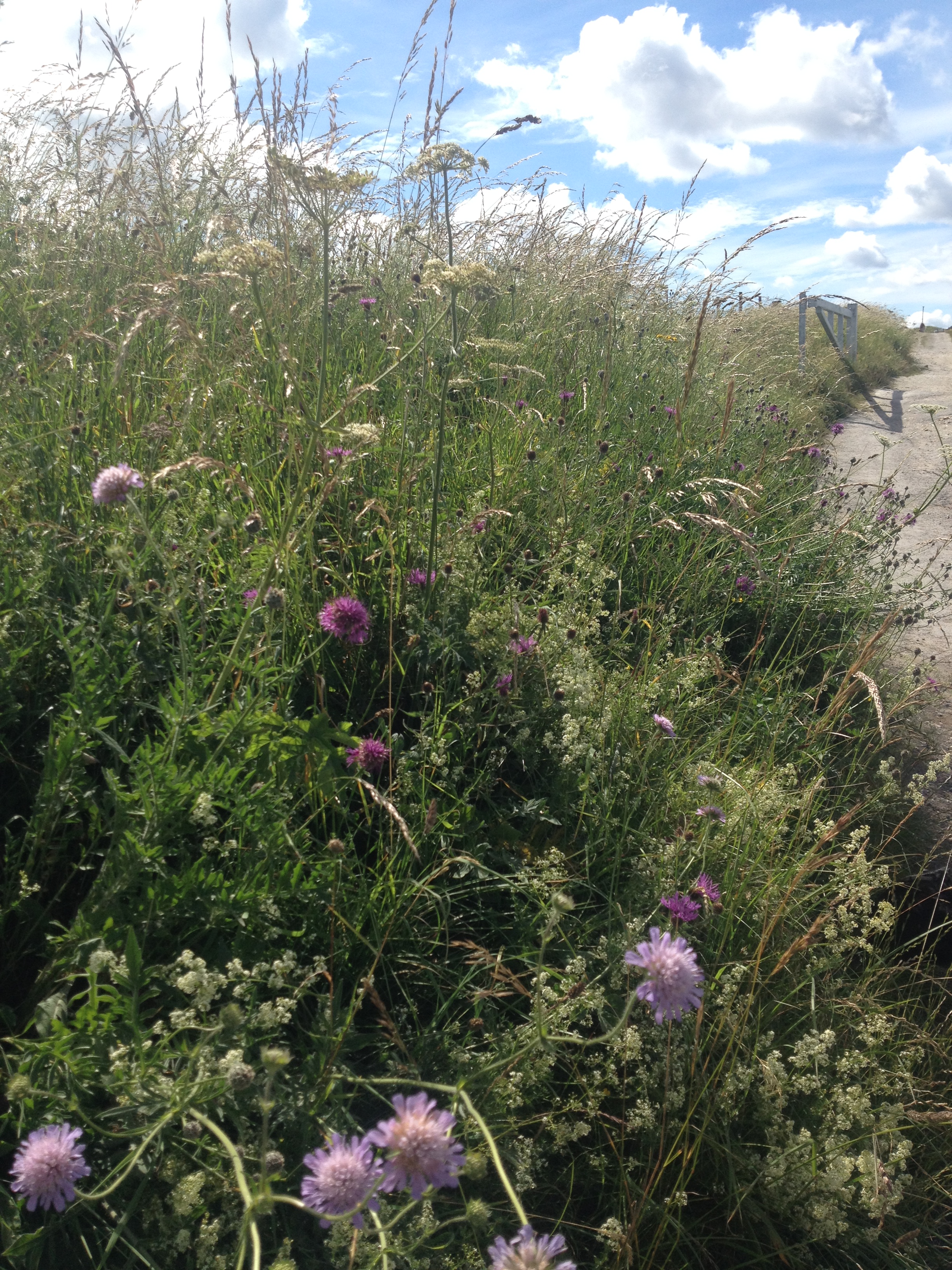
Dawn after a night of thunderless lightning, and the blackbird’s song breaks like an aural form of liquid honey.
Thrushes join in after minutes, followed by robins, dunnocks, woodpigeons and then all the birds of the air, wood, earth and hedgerow until the gaps are filled to create a complete wall of sound. An hour gone and the birdsong separates out to find space of its own and become distinct again.
The starlings begin their relentless commute from our houses’ eaves to the farm pasture and back with beakfuls of leatherjackets, grubs and flies. They follow the same flight path so directly that occasionally they have to twist to avoid collision. One of the males takes a ‘break’ to sing. He is an accomplished singer, tuned in to the world around him and transmitting it all back like the World Service: here is the news. His oiled, pixelated sheen, like scaled sequins; his glossy throat feathers tremble with the effort of his sky-blue, unique and localised repertoire. I detect the yaffle of the green woodpecker’s laugh, the incorporation of the red-legged partridge’s chook-a-chook-chook, the gamekeeper’s whistle to his dog and the particular tantrum of the little girl down the lane. There is also the ghosted yodelling loop of lapwings that last nested here two years ago and the first drawn out phrases of nightingale song – that sometimes the song thrush echoes too. This section of his (and the thrushes song) must have come down through generations, as there hasn’t been a nightingale singing here for thirty years. Perhaps one bird borrowed from the other? But it seems, most cruelly, the starling mimics the lone little owl who lost its mate last year and calls night and day for another; wanting urgently now, to begin nesting.
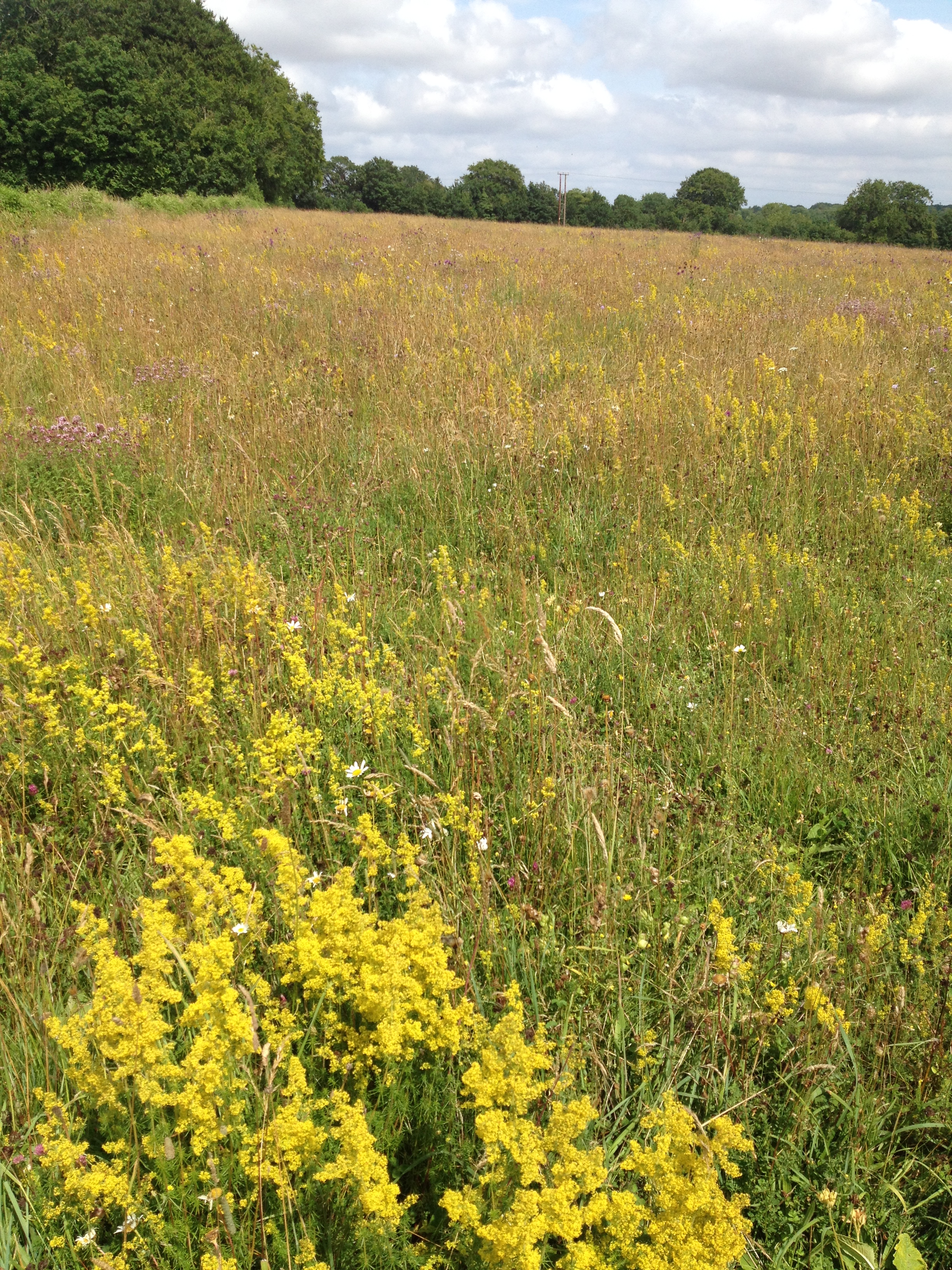
One of the pied wagtails is lost in the horse paddock. As it rose vertically, on butterfly wings to catch at a cranefly, the graphite-barred breast of the sparrowhawk leans forward and drops silently from the shade in the stag-headed oak to take it clean out of the air, like an osprey with a fish. It disappears into the wood, presumably to take it back to its sitting mate, or chicks as it returns quickly. This time, a volley of swallows alerts us to it, boldly pursuing the deadly predator with the same alarm call they use when we enter the barn, replacing retreat, retreat, with defeat, defeat!
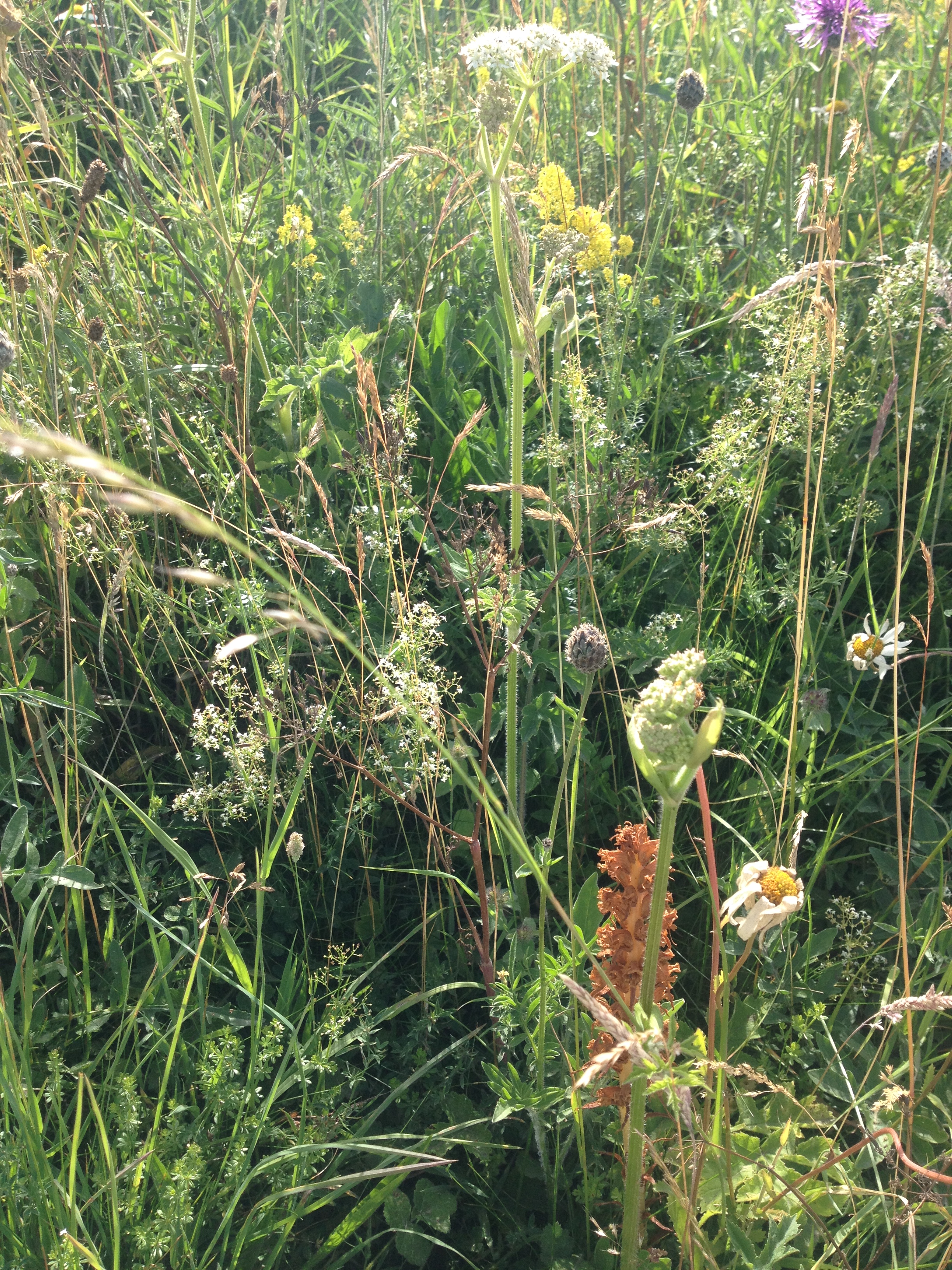
So many of the birds rely on the insects that live on the weeds and the wildflowers, the now-rare uncut verges, the left-wild corners of gardens, conservation headlands, the hedges cut once-every-three-years to allow them to actually flower, the cow parsley that wets our legs, bowing before us so we have to break its knotted tangle to pass. Those birds that survived that harshest of winters, coming as late as it did, when all natural food had gone – and those birds that fly thousands of miles to get here, that suffered bad weather delays in Africa, in Europe and that were perhaps strafed by hunter’s guns or almost caught by traps, nets and lime sticks – they have made it, some of them, despite being two months late. If we knew what we do, as the poet said, when we hack and rack the growing green, we wouldn’t take away or poison their food supply, just when it is at its most beautiful and most needed, too. But we do know. And it is still happening.
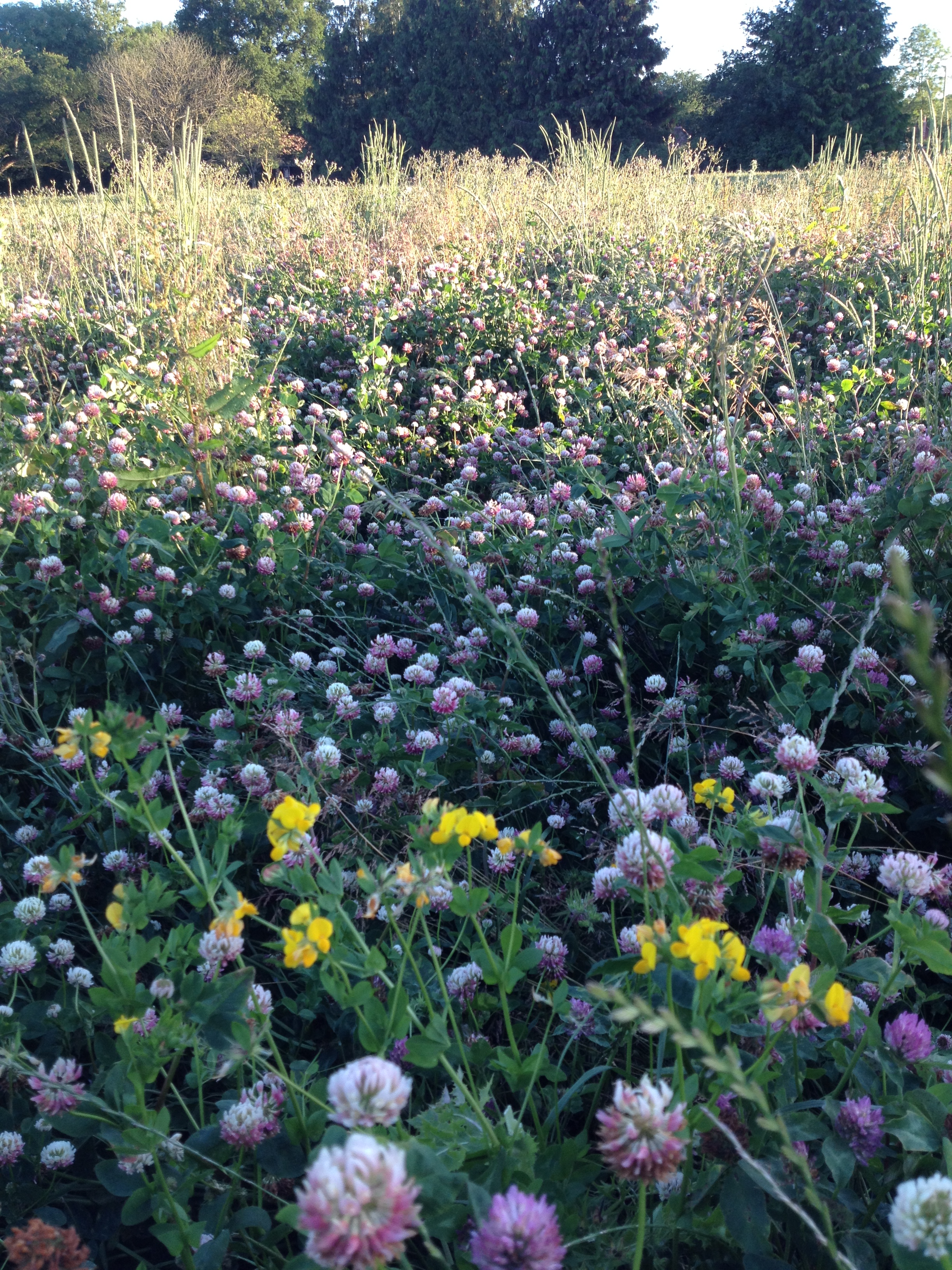
To paraphrase that most sensual of passages from The Song of Solomon on human love, that was read twice during the recent Royal Wedding: winter is past, the rain over and gone. The flowers appear on the earth and the time of the singing of birds is come; the voice of the turtle dove is heard in our land. The biblical turtle dove is all but extinct locally and recently so: let there be no silent springs. We are laying waste to the birds and the songs themselves and soon, there will be no more.
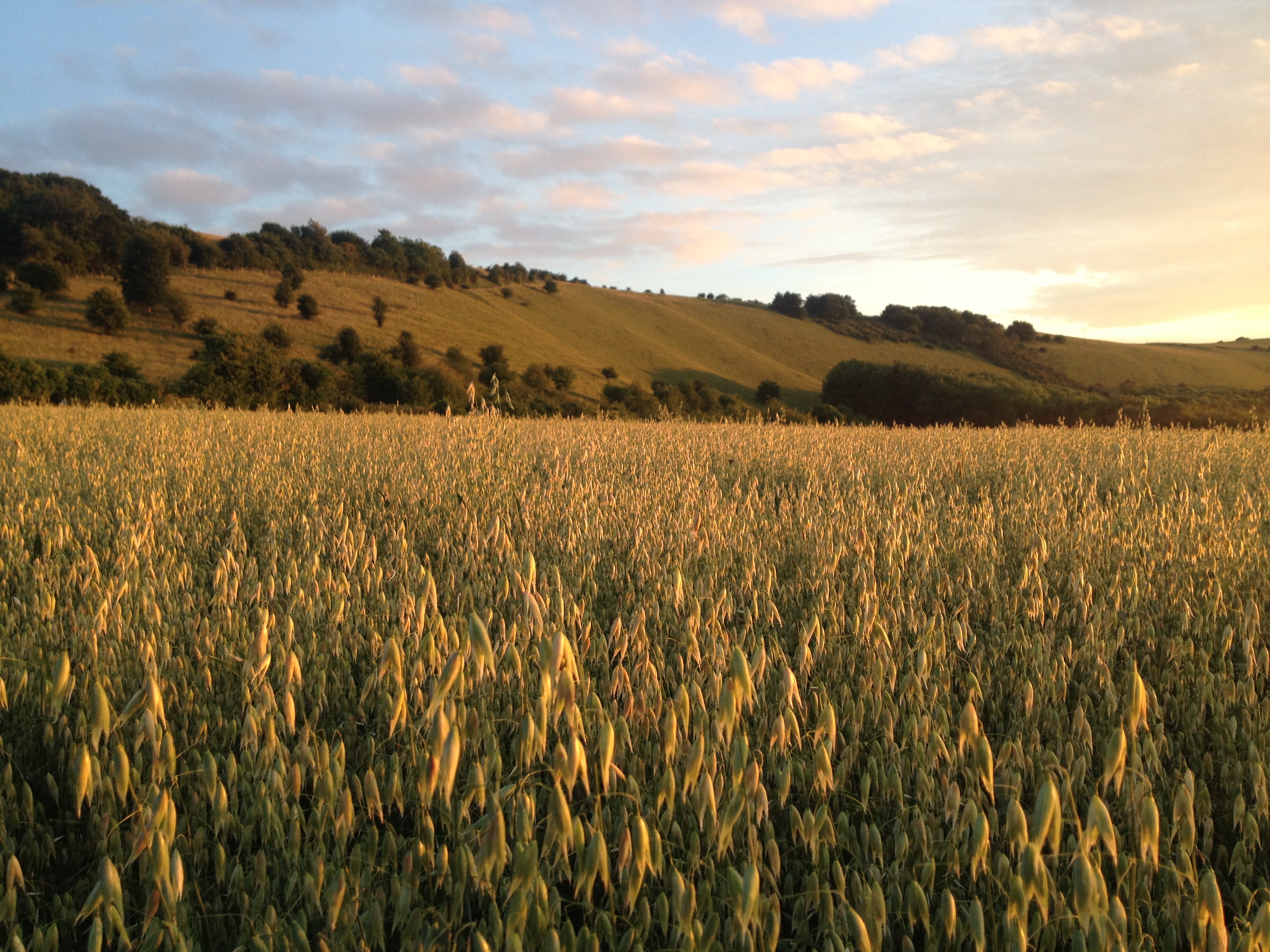
Leave a comment